OTTAWA – Funding for infrastructure and economic development are two of the main asks some prominent Indigenous organizations have put to the Liberal government in its upcoming budget.
Finance Minister Chrystia Freeland has promised that the spending plan to be made public Tuesday will demonstrate fiscal restraint.
It is also expected to include money to advance Canada’s green energy transition and measures to keep it competitive with the United States, which is aggressively funding clean technology with its Inflation Reduction Act.
Inuit Tapiriit Kanatami President Natan Obed says that despite the government’s talk of restraint, it will still be spending billions – and he hopes that includes a 35-year, $75-billion commitment for infrastructure in Inuit communities.
“There is going to be money spent in this budget, so as this government is talking about this being a very lean budget, there will still be billions of dollars,” he said in a recent interview.
俄备得表示包含在组织的请求n’s pre-budget submission came out of discussions with Prime Minister Justin Trudeau’s government at the Inuit Crown-partnership committee table.
“It isn’t just us bringing numbers out of thin air,” he said.
Trudeau has named advancing reconciliation with Indigenous Peoples as one of his government’s main priorities since it came to power in 2015.
Last year’s budget, however, fell short of expectations when it came to improving and building more housing on First Nations, which has been long identified as an issue for many communities across Canada.
Indigenous communities face a deteriorated housing stock, and leaders and experts have said there is not enough available to support population growth.
Ahead of the 2022 federal budget, the Assembly of First Nations – which advocates for the needs of more than 600 First Nations communities – pegged that $44 billion was needed to fix on-reserve housing.
Ottawa ended up committing $4.3 billion to support housing in Indigenous communities over seven years, with $2.4 billion flowing specifically to on-reserve housing needs.
For her part, Metis National Council President Cassidy Caron said in a statement that she hopes the next budget includes funding for the organization to create an economic development fund specifically targeted to help Metis businesses.
在其提交给联邦政府,organization says Metis communities are unable to access funds through two existing programs that Indigenous Services Canada runs to support economic development.
It also recommends that the federal government provide funding to help create Metis business directories.
“Long-term, sustainable investments will help our citizens, communities and businesses weather current and future challenges,” Caron said.
The federal government had also signalled in its fall economic statement that it planned to develop a new framework to “ensure” that First Nations and other Indigenous communities “can directly benefit from major resource projects” developed on their lands, with more details to be provided this year.
A presentation prepared by the Assembly of First Nations for its special chiefs assembly last December shows it was anticipating seeing some policy options on the matter in early 2023 and then finalizing a framework sometime between April and December.
The assembly has not responded to a request for information about its priorities for this year’s budget.
©2023 THE CANADIAN PRESS
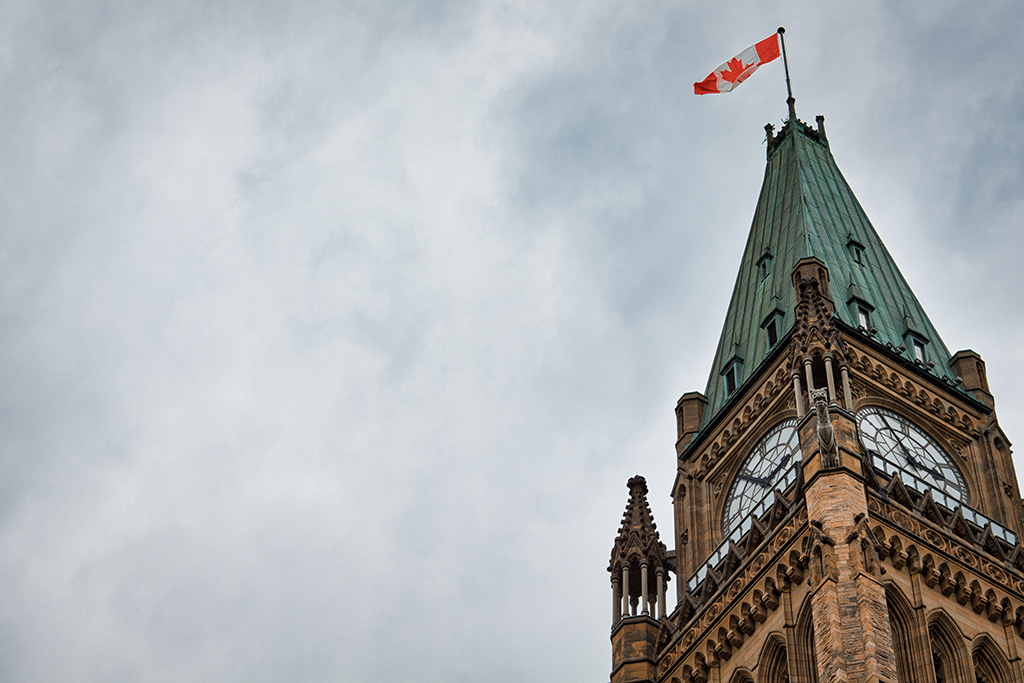
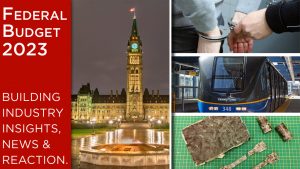


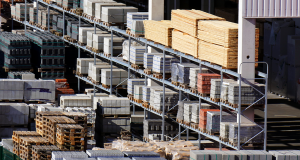
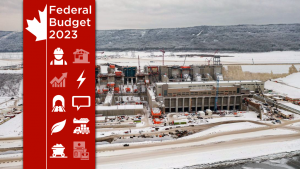
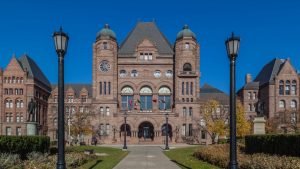
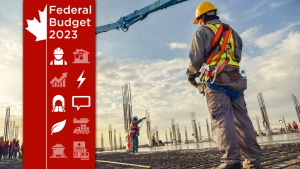

Recent Comments